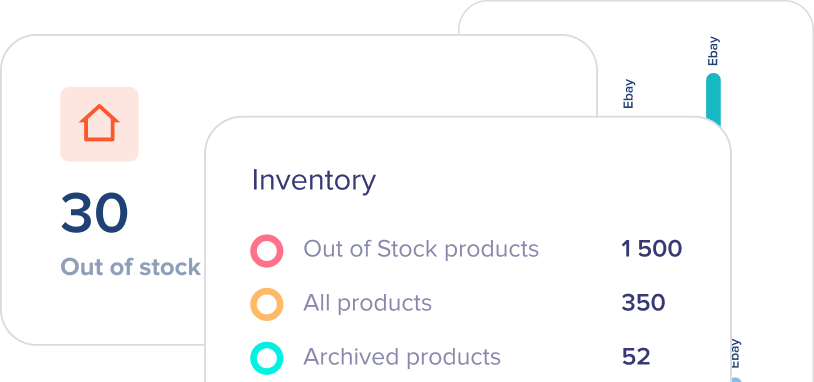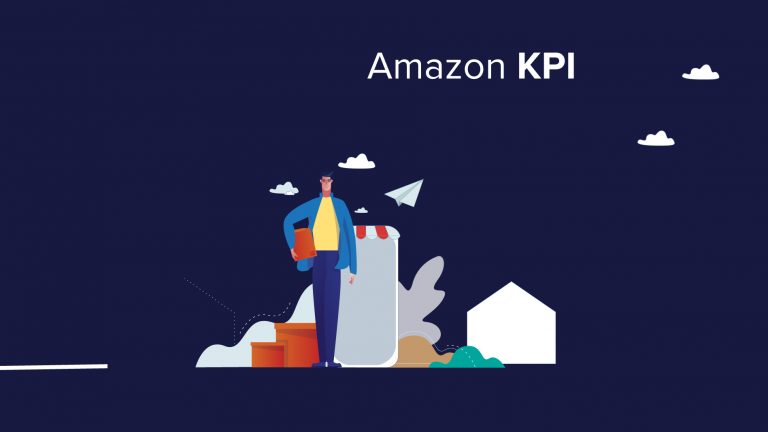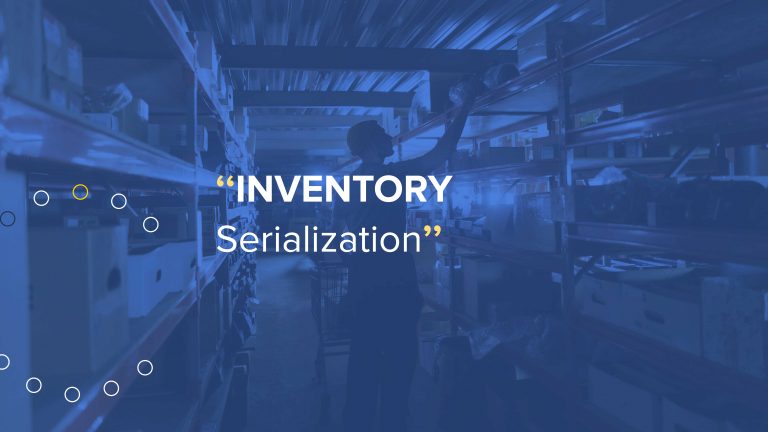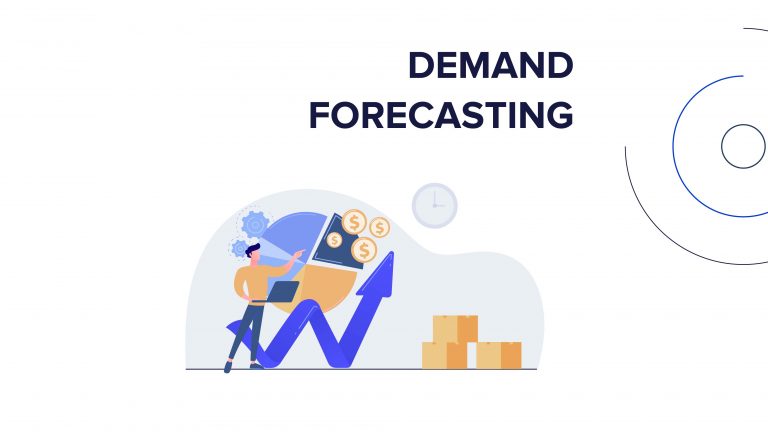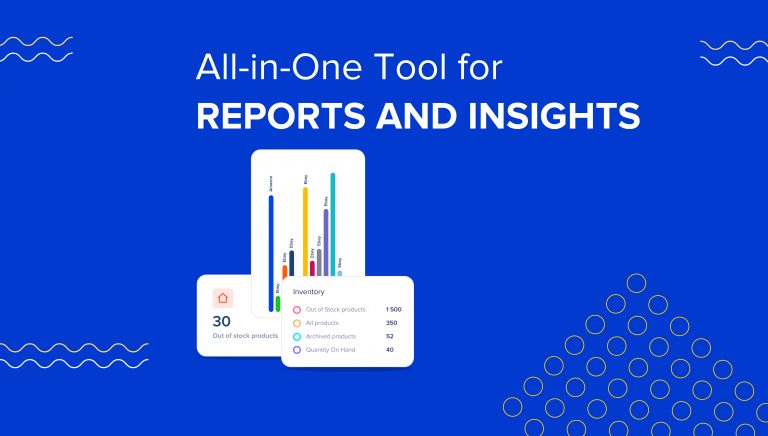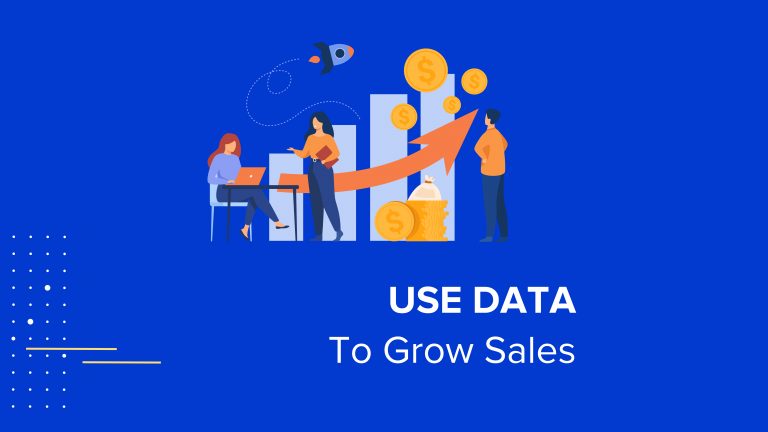Supplier relationship management is the approach of managing suppliers’ interactions, tactics, and contributions and maximizing supply chain efficiency. It refers to procurement, project management, and other specialists who are directly or indirectly involved in supply chain processes.

What is Supplier relationship management?
The concept of SRM and its importance was defined by McKinsey in 1983 in one of Harvard Business Review articles named “Purchasing Must Become Supply Management”.
Generally, the importance of Supplier Relationship Management is increased when the company along with the supply chain grows and the buyer-supplier relationship has become more global and complicated. Just this growth makes entrepreneurs try to cut prices and squeeze the margins like never before.
That’s why they apply to Supplier Relationship Management (SRM) to get a more controlled and strategic approach to the supply chain.
The main goal of SRM like CRM(Customer Relationship Management), is to streamline and manage relationships between buyers and suppliers. It is aimed to develop a mutually beneficial relationship with suppliers to improve the quality, increase efficiency, and empower businesses whole activity.
SRM allows companies to enable high-quality communication between buyers and suppliers and to measure supply chain performance.
Although Supplier Relationship Management varies depending on the organization as some believe it refers only to buyers and suppliers, others believe it refers only to suppliers.
Main processes in Supplier Relationship Management
- Supplier segmentation-It is the process of classifying the suppliers. It is done to understand how companies benefit from segmenting their suppliers.
- Supplier strategy development-Identifying the methods and ways to interact with suppliers depending on business goals.
- Supplier strategy execution-Designing supplier management strategies for getting better-quality products and services.

What types of suppliers exist?
Wholesalers and Distributors
Wholesalers purchase goods in large quantities and resell them in lower quantities generally with the lowest prices.
Manufacturers and Vendors
Manufacturers usually purchase and resell goods from different companies. Compared with wholesalers The prices are a bit higher.
Import Sources
They are like domestic wholesalers who sell foreign goods to local businesses.
Several benefits of Supplier Relationship Management
Increased efficiency
Adopting Supplier Relationship Management strategies allows you to understand your business needs, improve, and develop supplier relationships. Due to its working relationship between suppliers and buyers will become easier to resolve. Moreover, a healthy and communicative relationship allows for decreasing supply chain delays and increase efficiency.
Optimized pricing
There is nothing more annoying than price variations. Generally, these variations are caused by increased volatility of commodity prices. That’s why good supplier relationship management can often help keep balance in pricing, improve contract terms, optimize order levels. Having a stable and fixed pricing allows businesses to get long term and happier customers.
Reduced costs
Supply relationship management allows us to reduce costs especially at the beginning of costs dealing with new suppliers. As it’s proven this process is generally costly and time-consuming.
Instead, it is focused on creating more mutually beneficial relationships with old suppliers and striving for cost savings. long term working relationships with suppliers allows reducing future problems, delays, and low-quality products. Try to rely on your suppliers and create a stable relationship with them!
Supply chain consolidation
One more benefit of supplier relationship management is the chance of better working terms and opportunities between buyers and suppliers. Better accommodation stimulates increasing further operational efficiency.
Due to the consolidation of the supply chain, buyers can reduce the number of suppliers. Working with a short supplier list allows us to fasten and simplify the purchasing process, resulting in significant cost savings.
Continual improvement of operations
A long-term relationship is also a guarantee of good feedback and ideas. And one day this will have a positive impact on both costs and customer service and deliver financial and operational benefits to your company.
Tips for good supplier management
Suppliers are not just vendors
Always remember your suppliers are too important for your business. Being your partners they play an irreplaceable role in your business success. Try to communicate with them discovering their needs and concerns, at the same time keeping them informed about your supplier management processes.
Suppliers tell a lot about you
Don’t think it’s a joke. It’s like the quote which means judging you by your friends. If you do business with non-professional suppliers you risk your brand and success. Thus, be careful while choosing business partners and suppliers. Make sure you’re choosing the right supplier who meets your requirements and that’s essential, is financially stable.
Make payments on time
Paying your suppliers on time is a way to make your suppliers keen to work with you and create strong relationships. Always make timely payments and following payment terms, you’ll increase suppliers’ confidence in you as a business partner. Of course, everything may occur- delays, financial crisis. In such cases never be ashamed to inform your supplier of such situations. The sooner they know about them, the easier it will be to negotiate.
Successful companies realize that collaborative and transparent relationship with their suppliers is the guarantee of long-term profits.
So, try to use effective Supplier Relationship Management along with effective inventory management to be a reliable supplier and create best practices.
